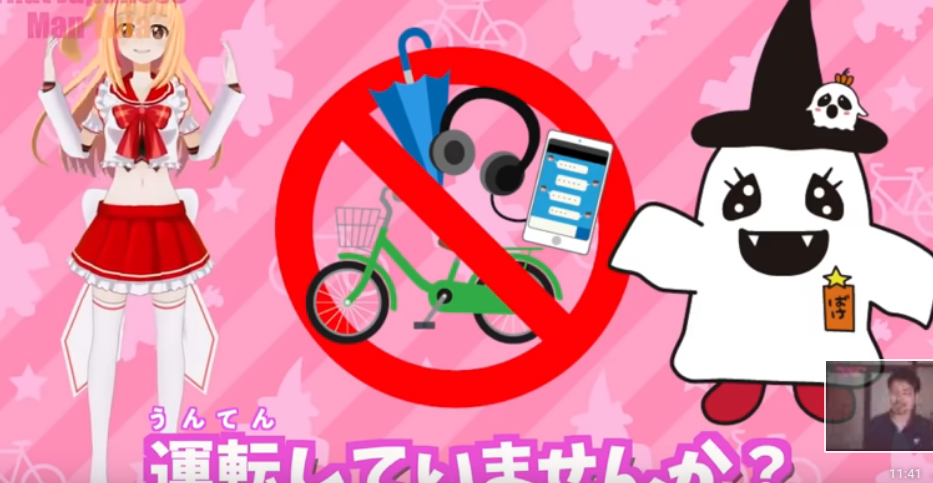Controversial anime in Japan called Higehiro
It's about a young man (27) who one night comes across a highschool girl (didn't hear her age) and she offers him sex to let her stay with him. He refuses but says she can stay with him anyway until she "fixes her spoiled spirit."
She says she doesn't want to go home. "I can't force her," says Higehiro. "None of you saved her. You just hurt her her more and then threw her away."
There are people on both sides of this issue, which seems to stem from a law more than any independent logic. In Japan, allowing a minor to stay with you is illegal, considered a kind of kidnapping, even if nothing happens sexually. (What year was this law invented?)
A question raised goes kind of like, "Fine, you can say he shouldn't have let her stay with him, but what should he have done instead? Just ignore her and not help her? Report her to the police? Maybe her home life is not good, for her to decide she won't return there." This is the same question I hear asked a lot by people criticized for non-PC statements or government policy, kind of like, 'You can't just criticize the current solution unless you say what you want the person to do INSTEAD."
That Japanese Man Yuta commented that the issue of controversy might not be the age difference, since other animes (he gave an example of a rom-com) have similar age disparities but are not treated as upsetting and the courting of a minor is not illegal, but in Higehiro there is a question of 'transactional relationships' since the girl offers sex for a place to stay, even though Higehiro does not accept. He later admits that he probably offered to let her stay because she was cute, and thinks about her a lot, rather than the girl he liked when the story started. Other anime that feature transactional relationships are also controversial.
